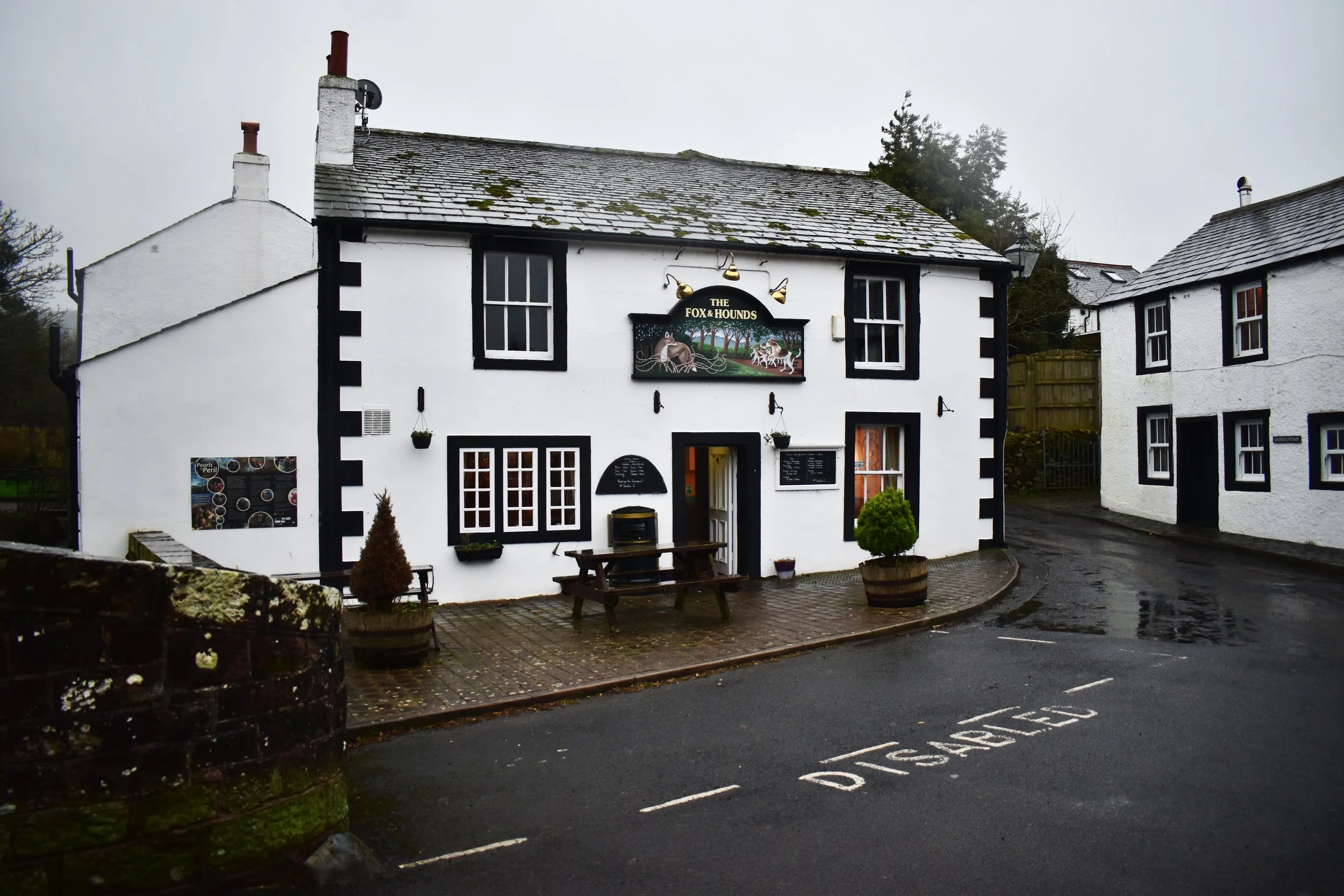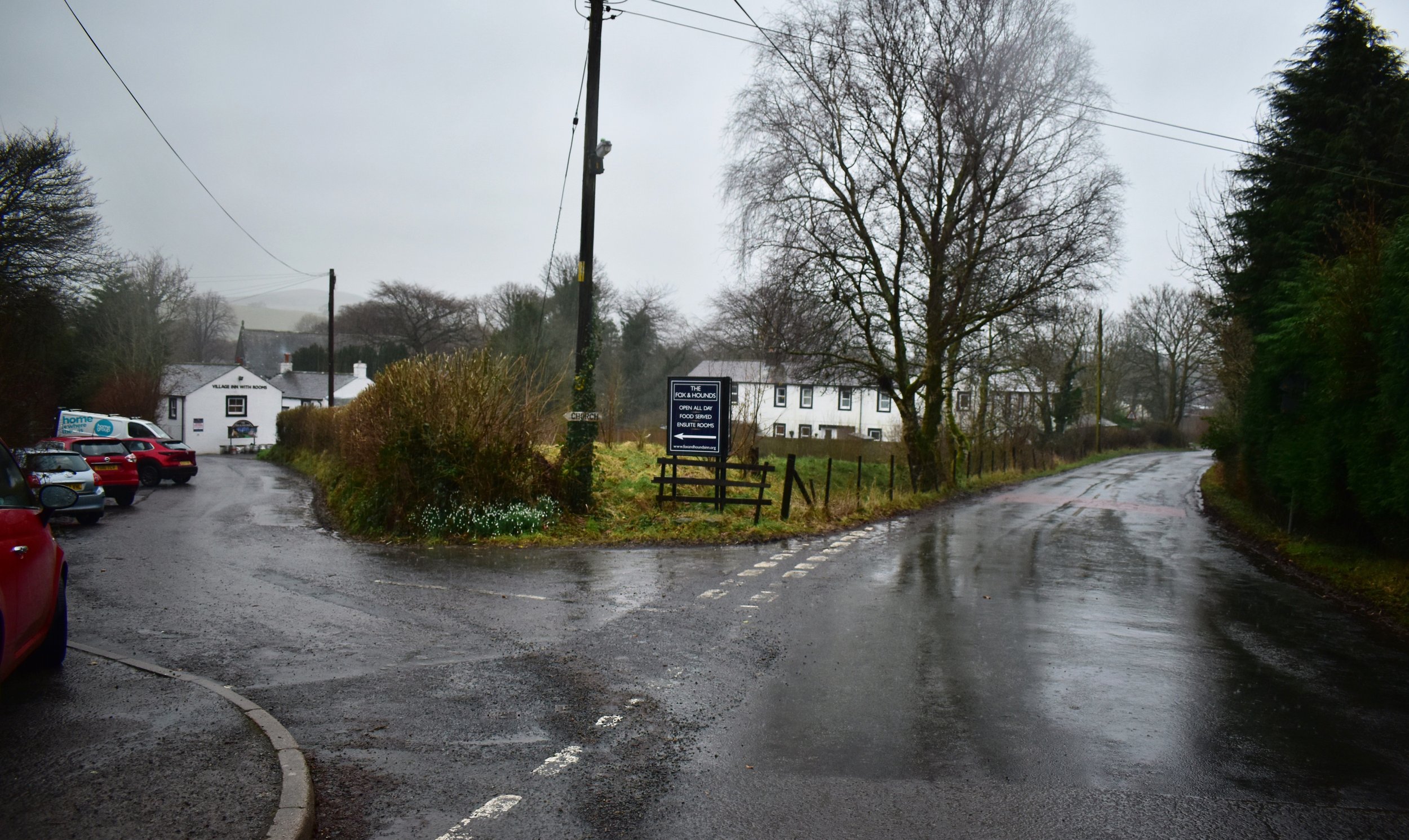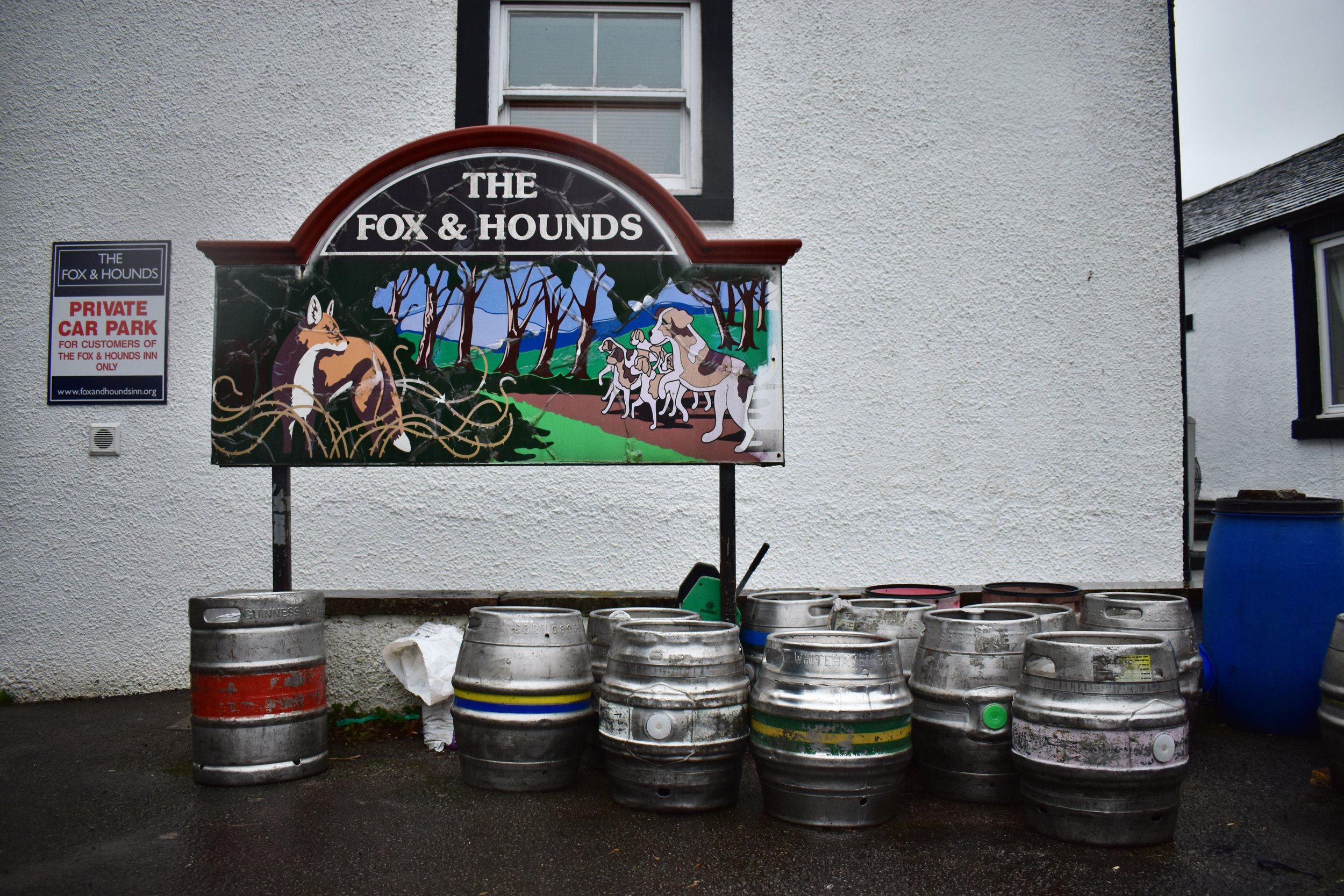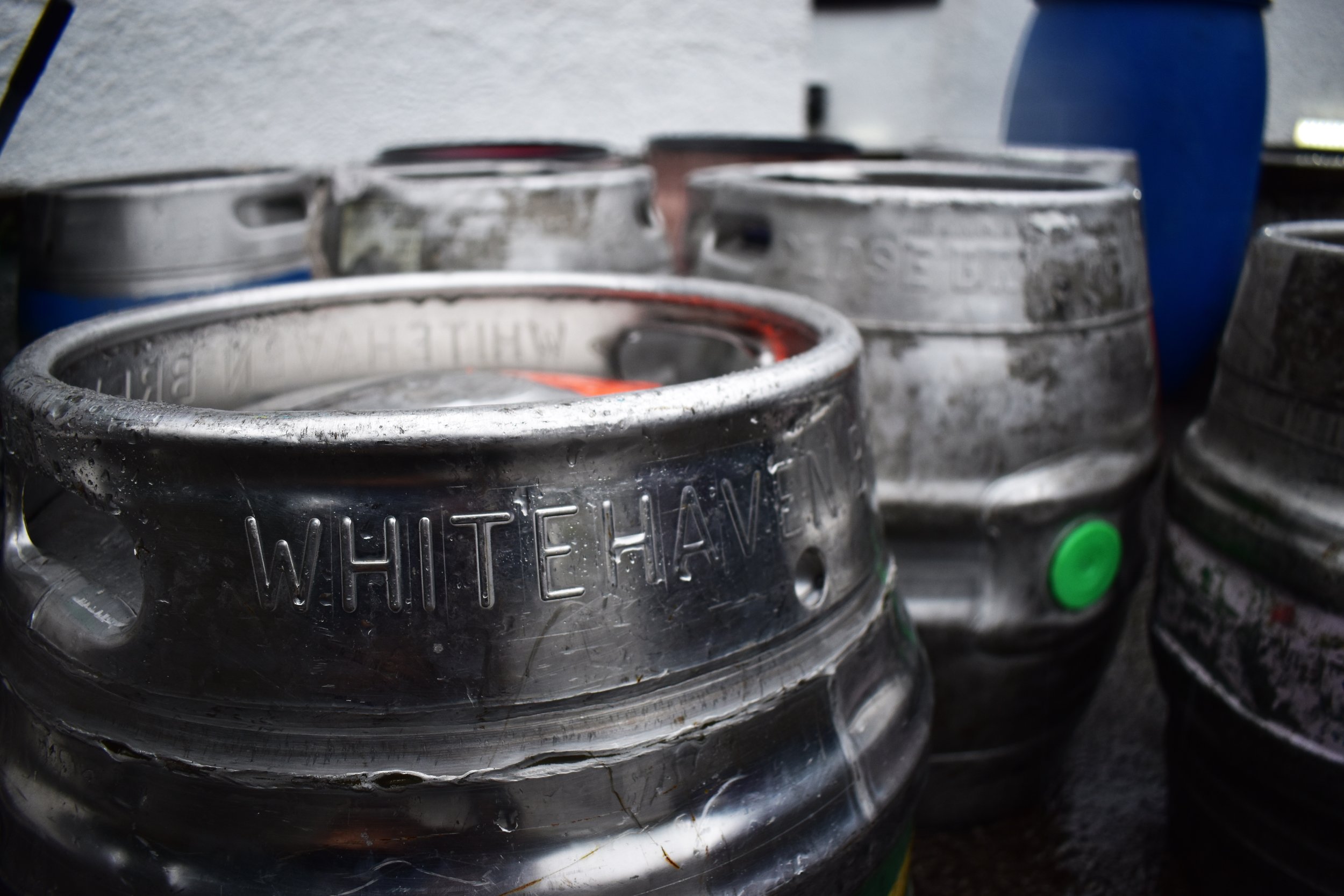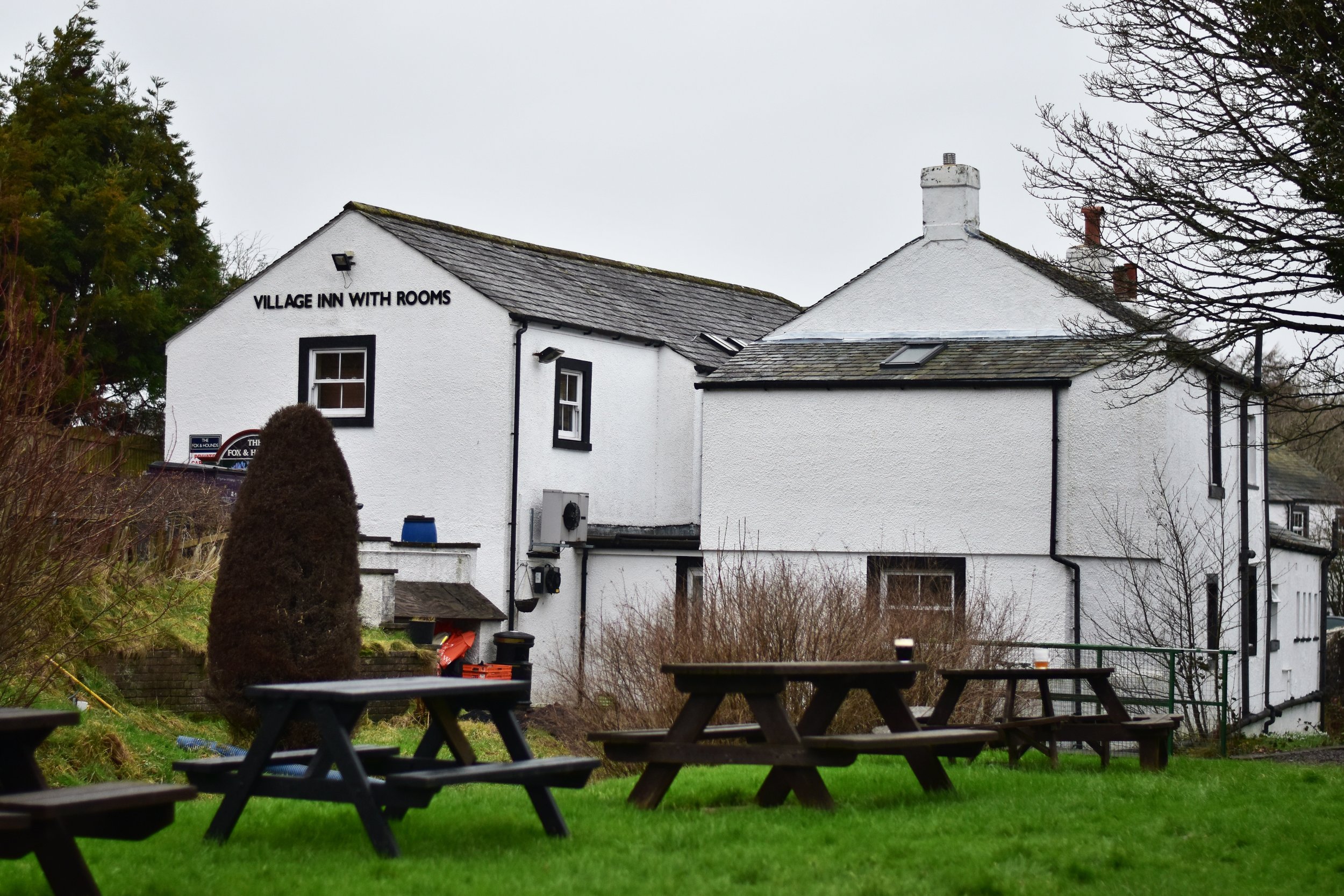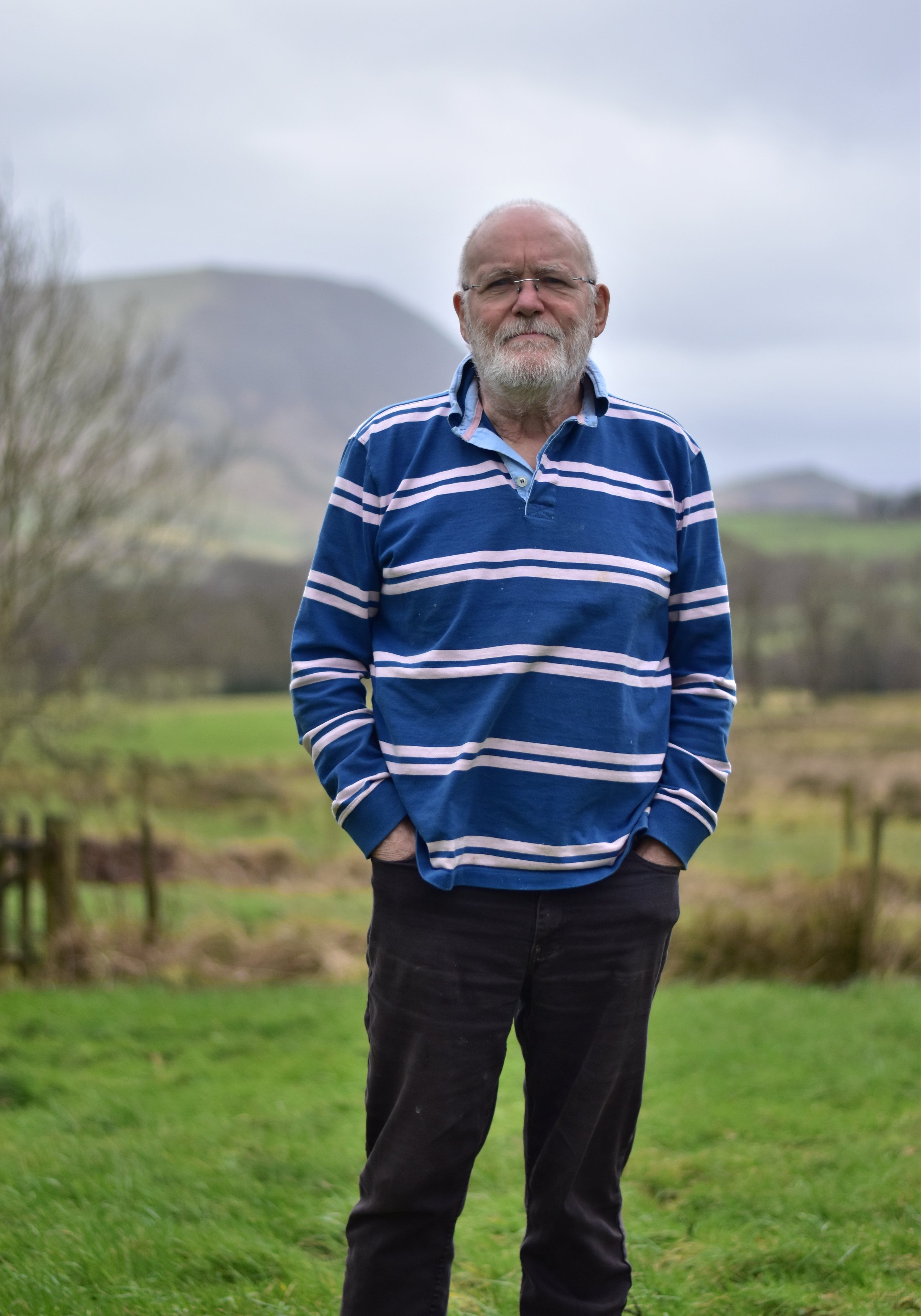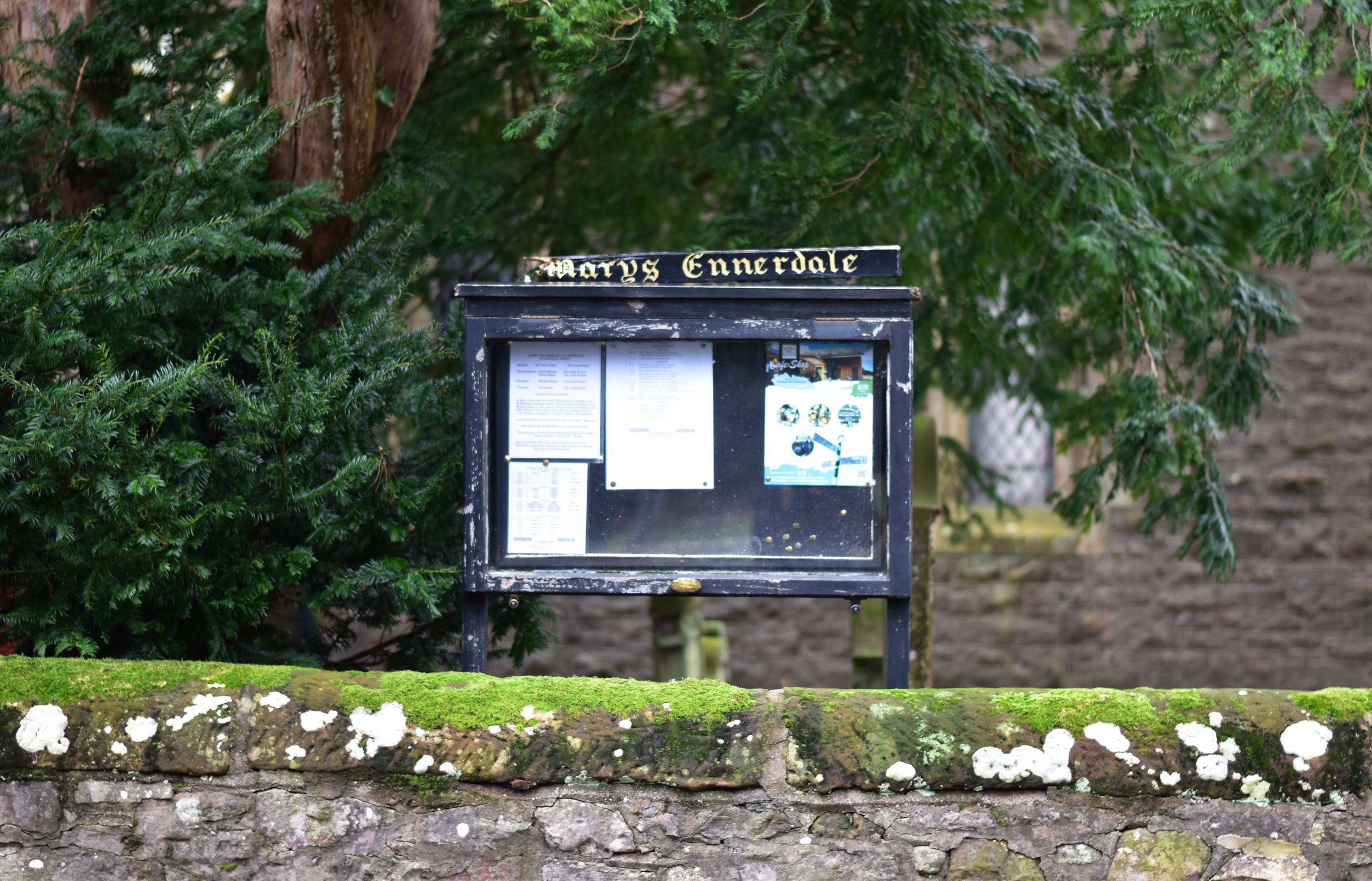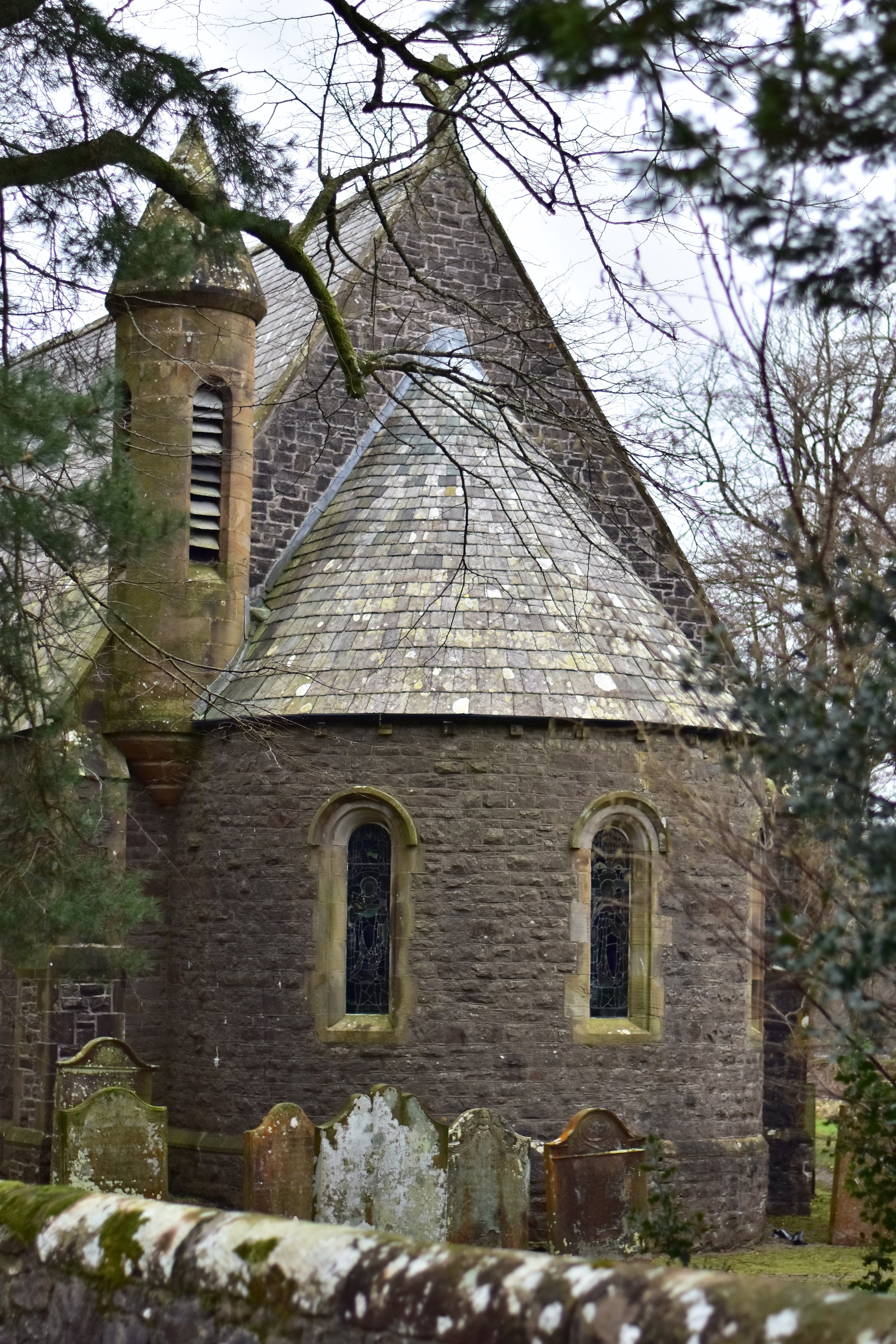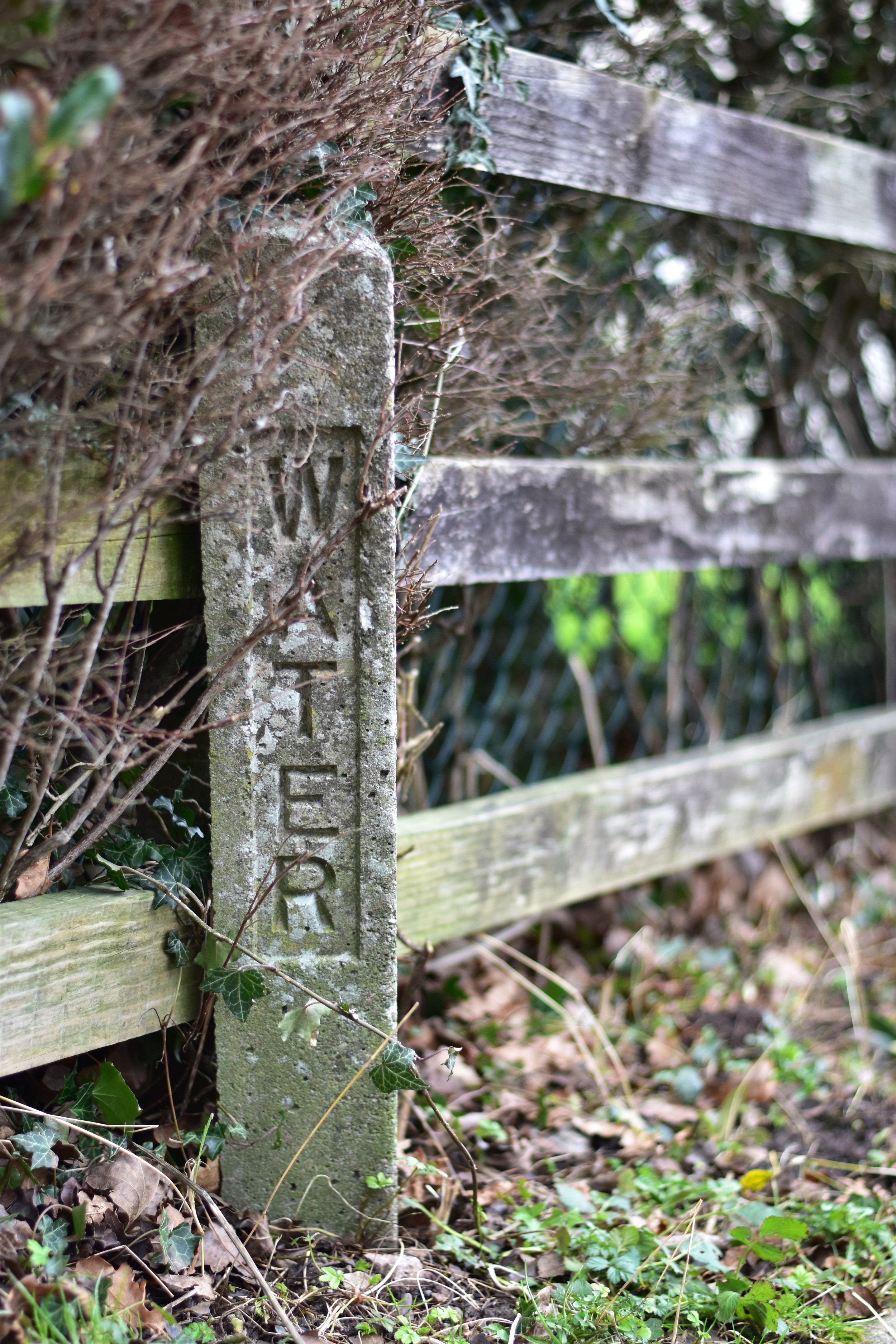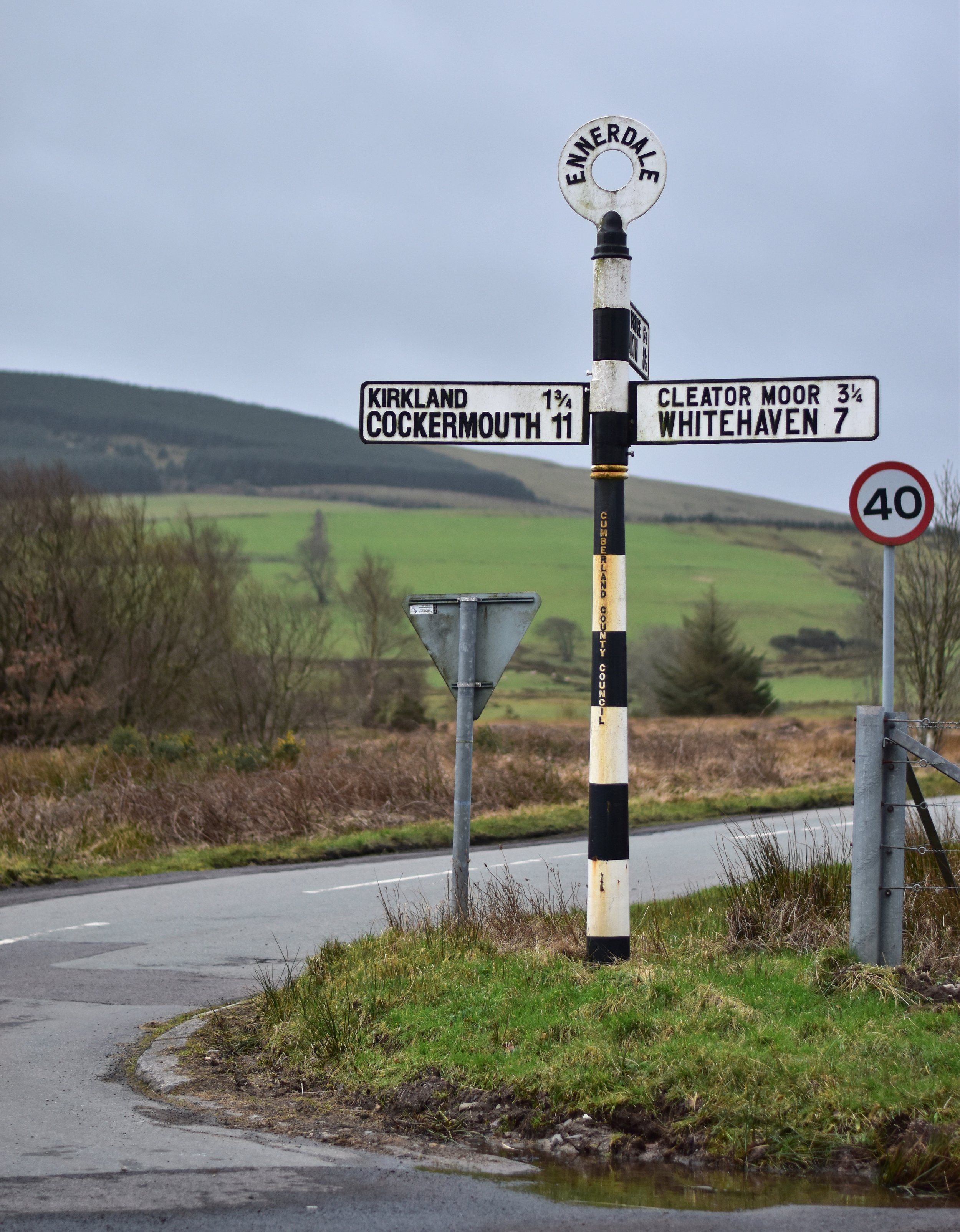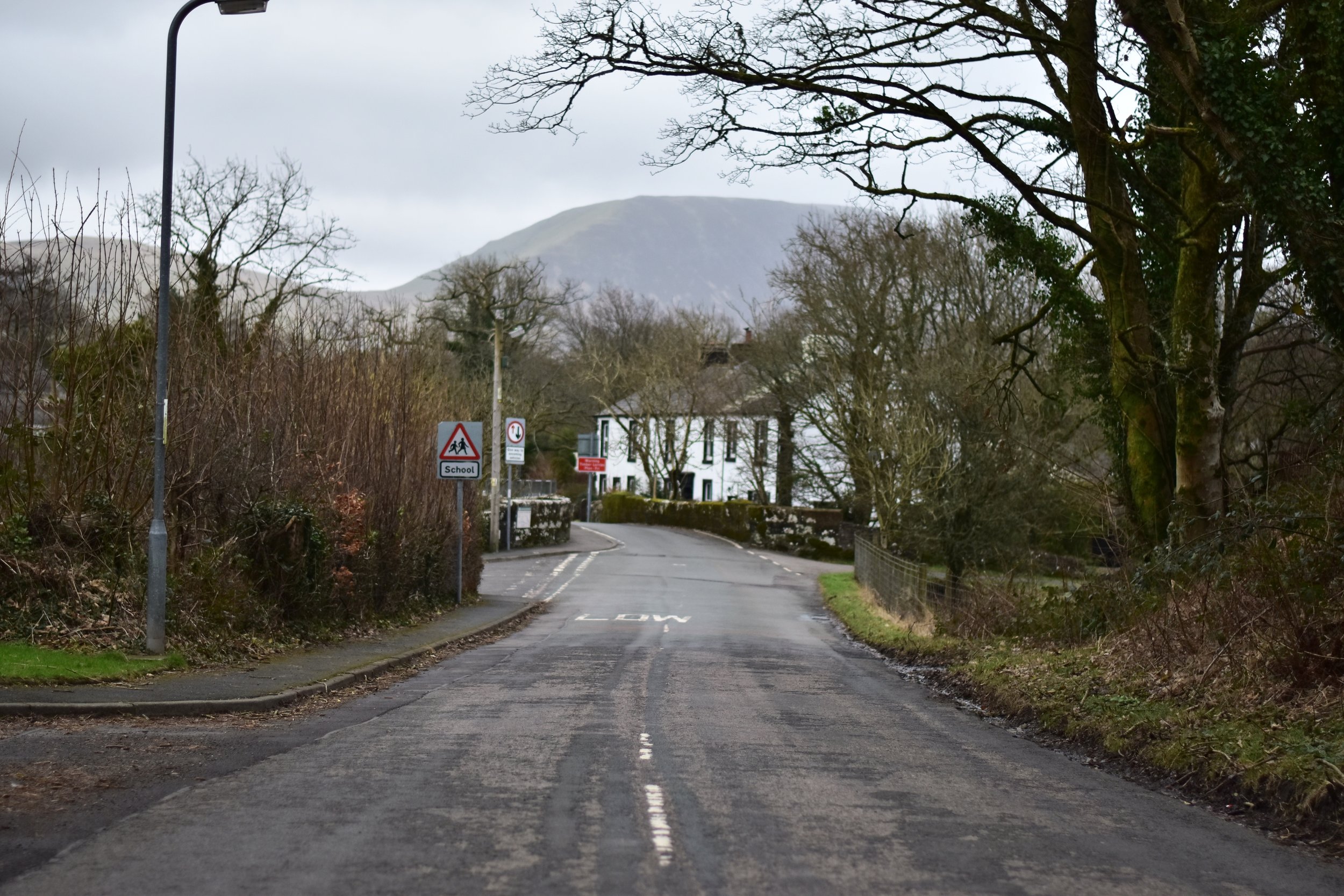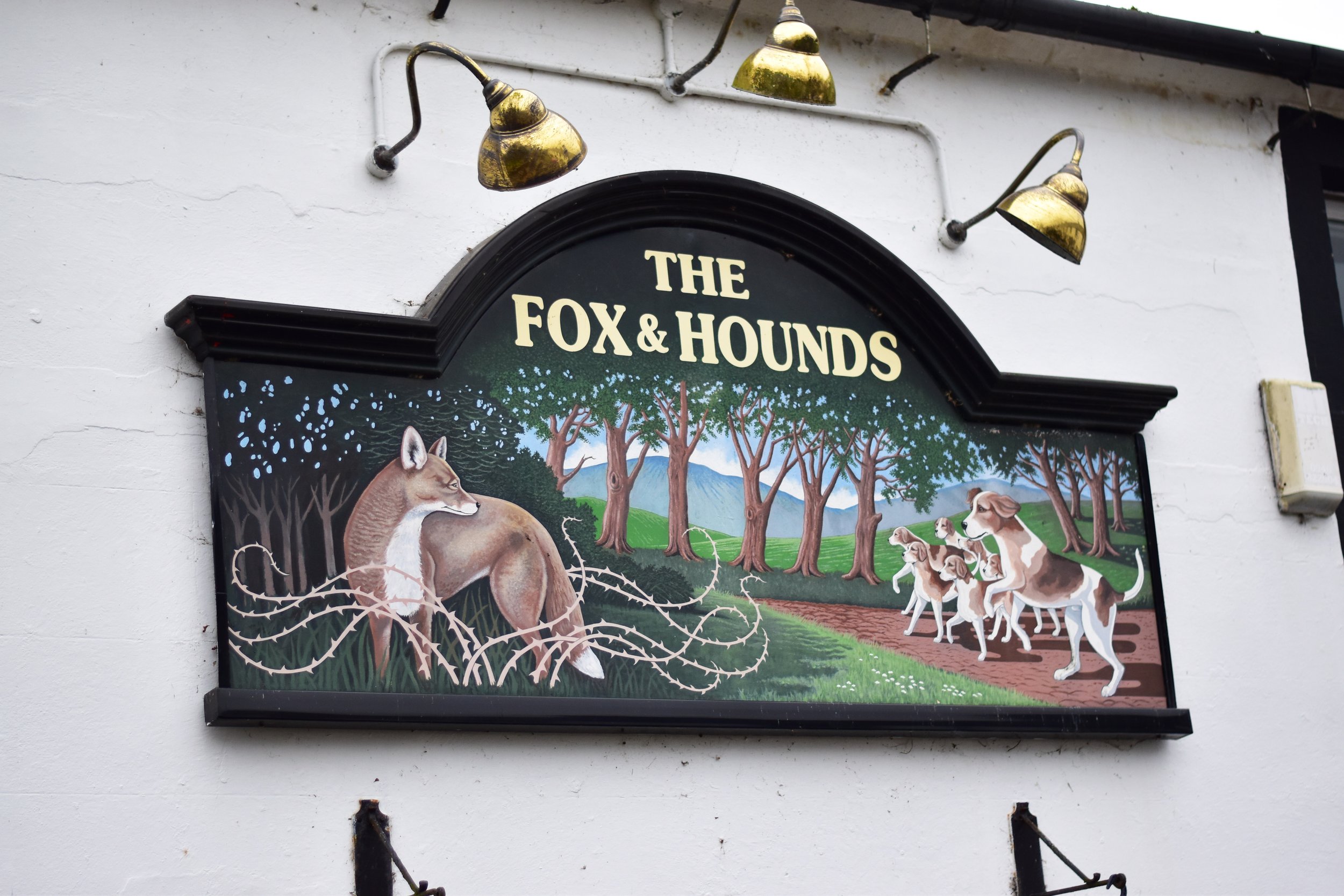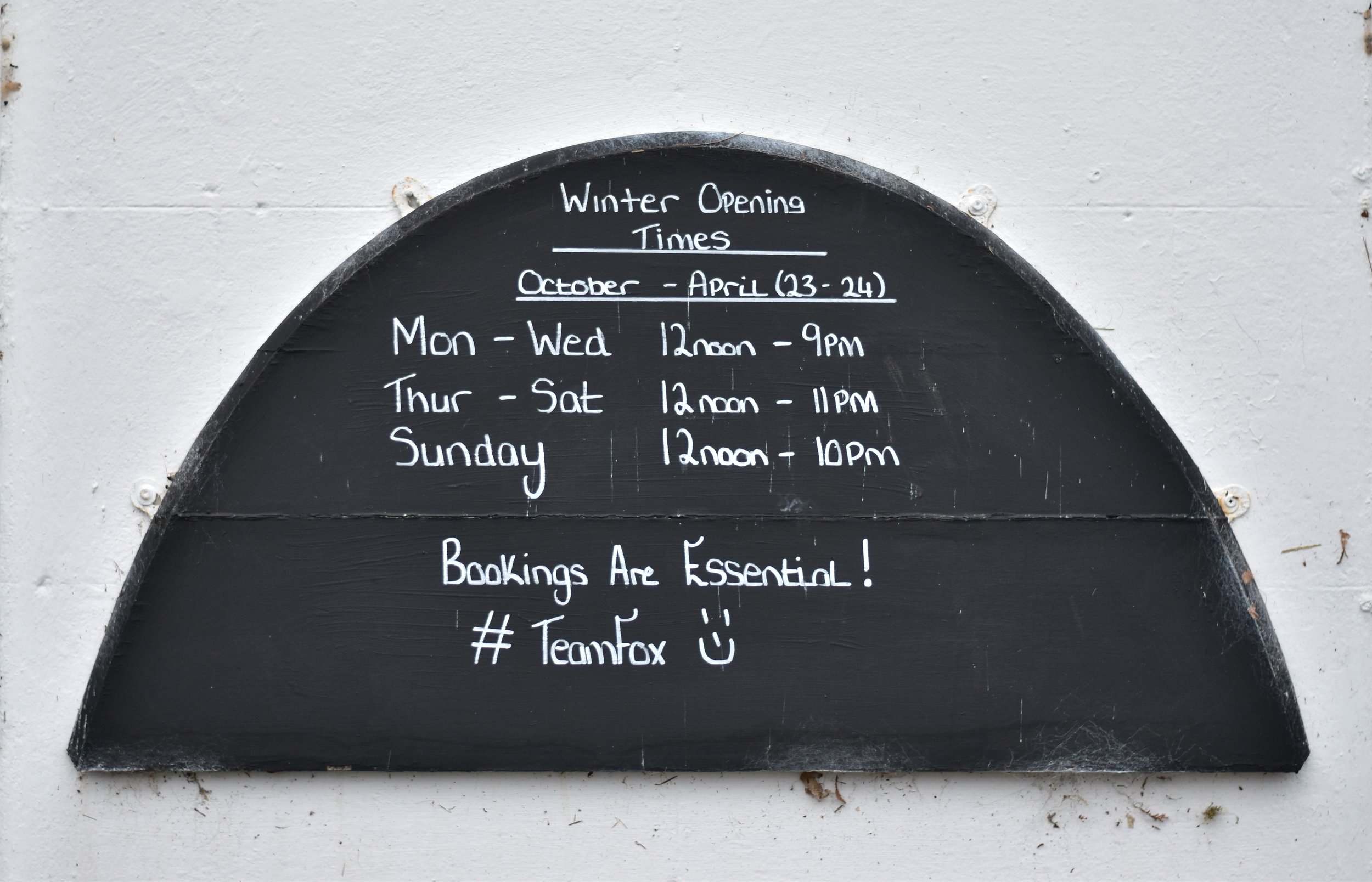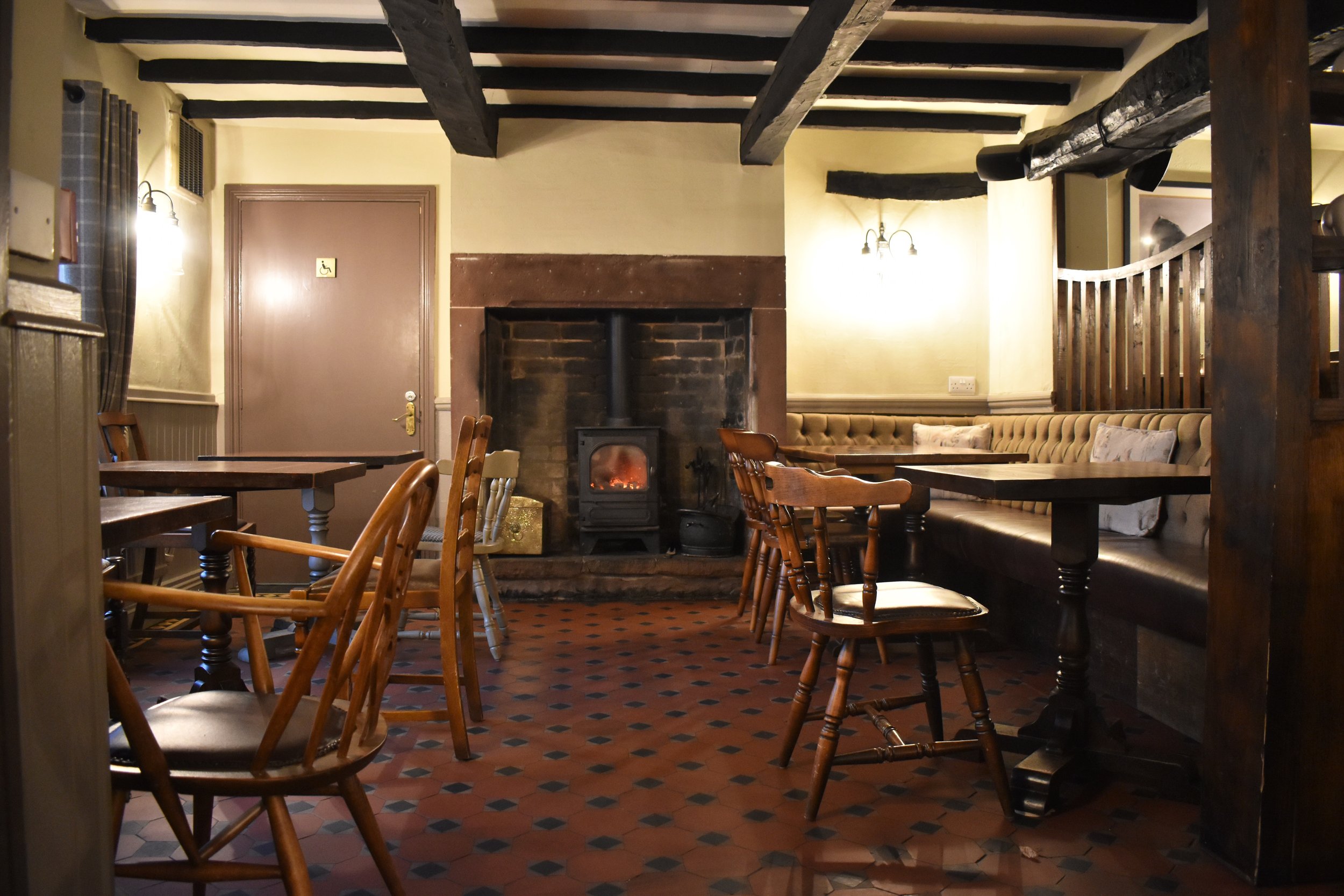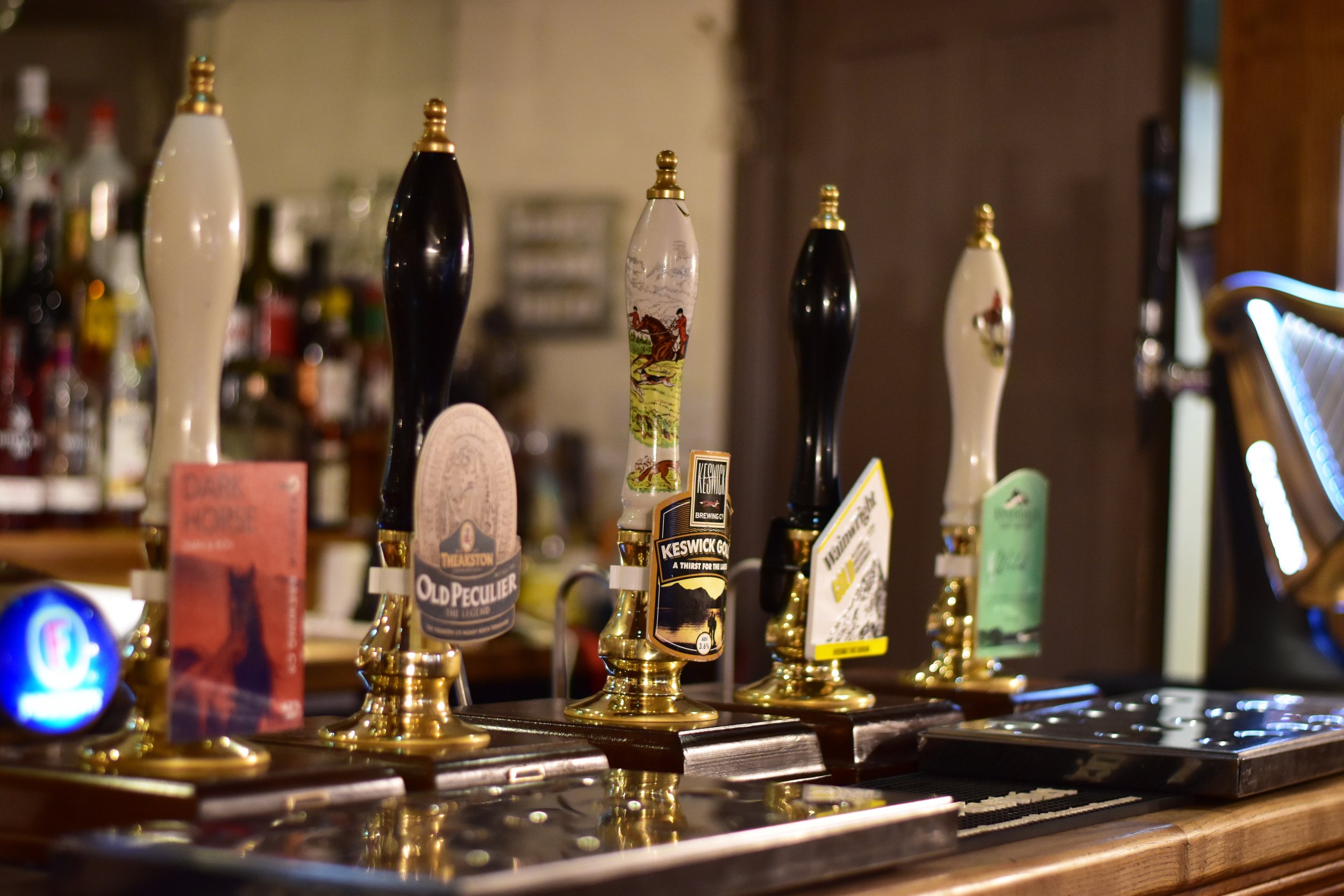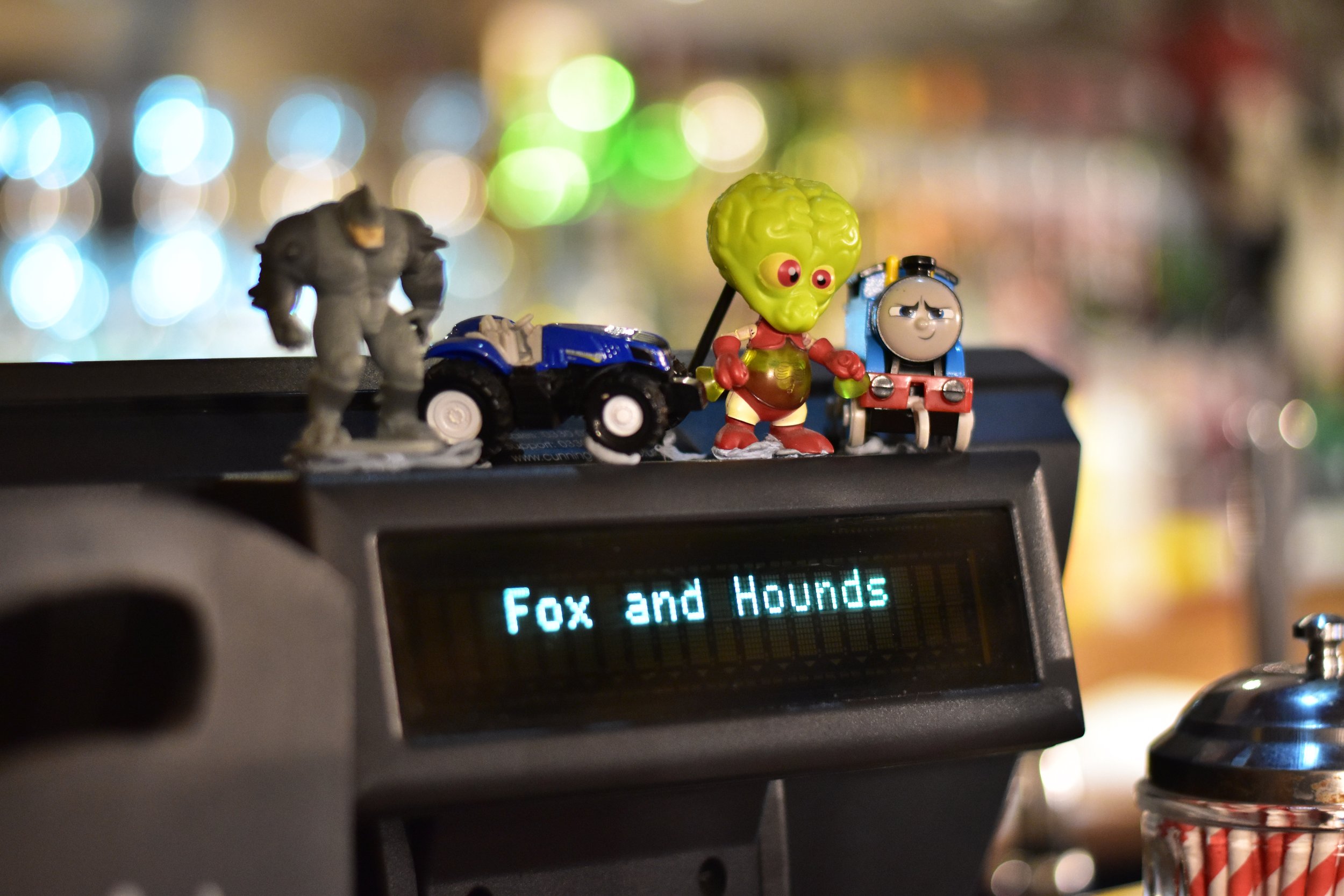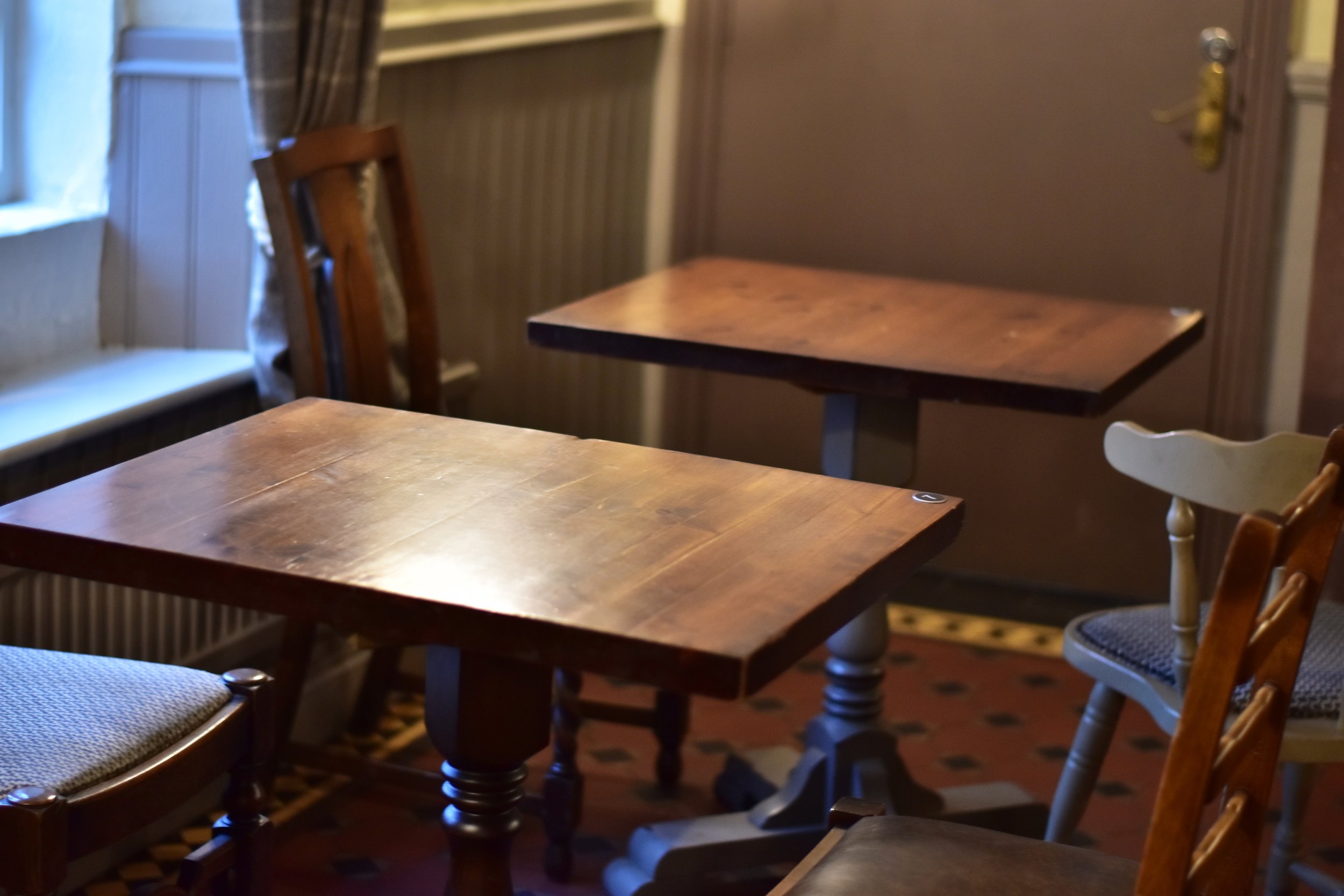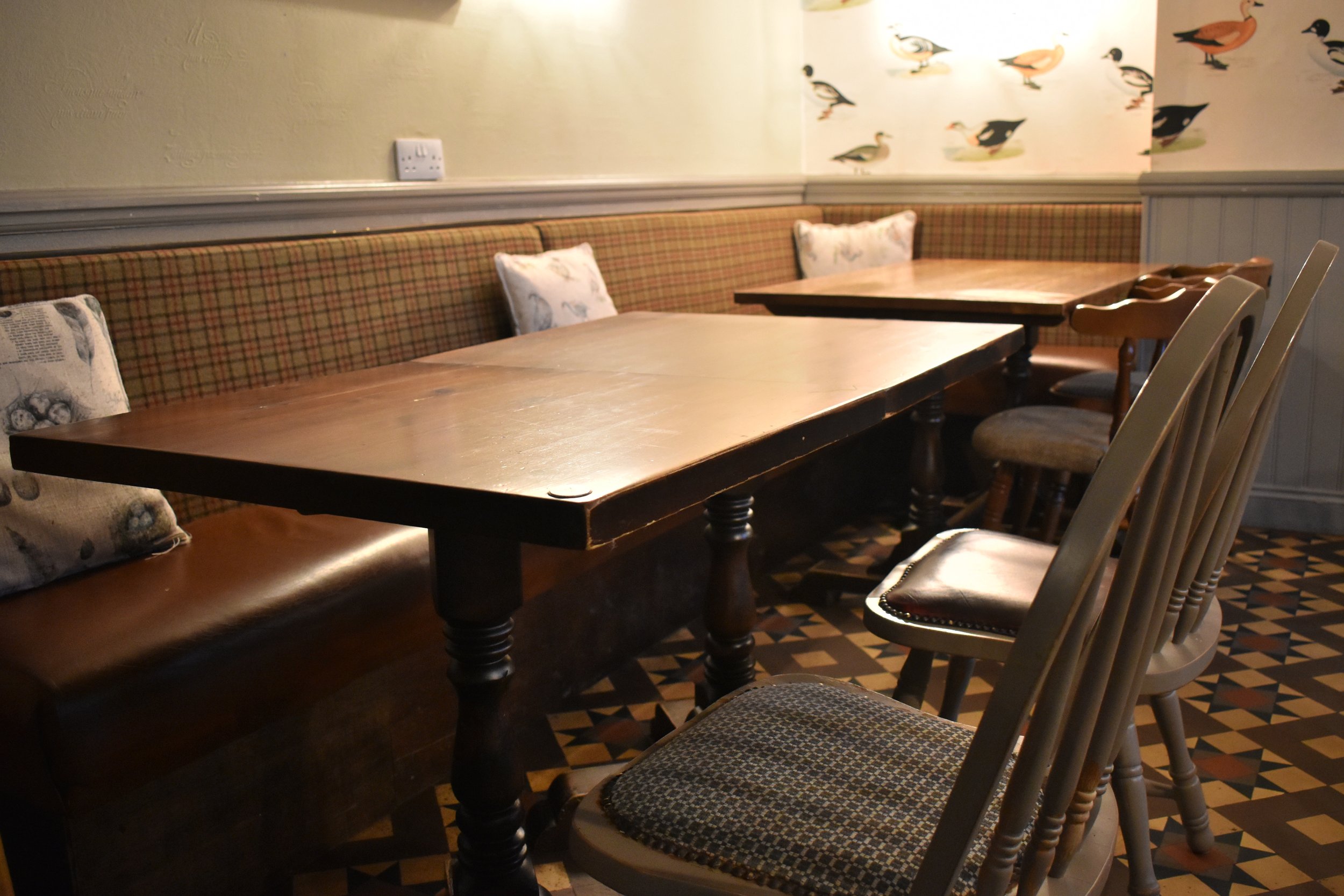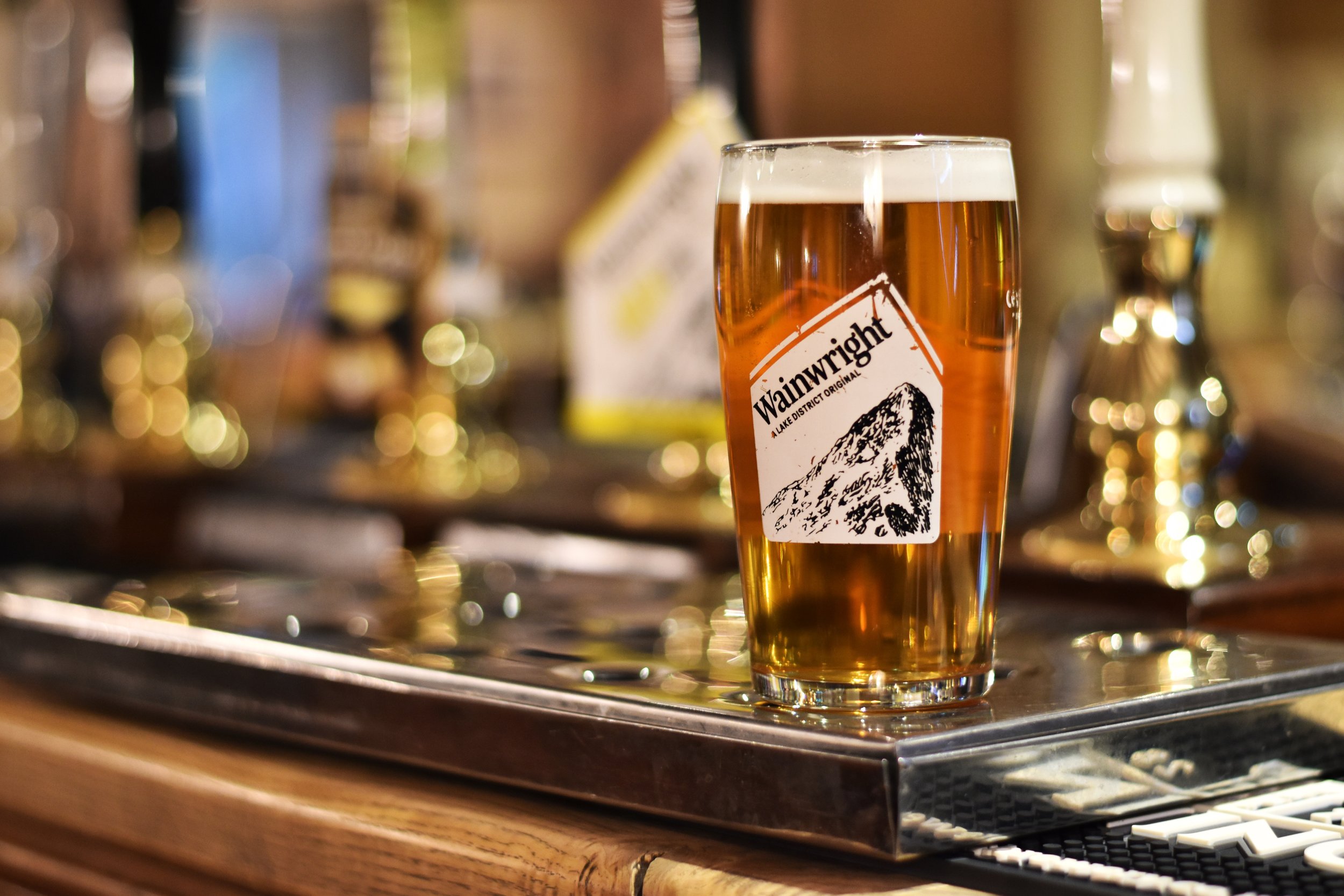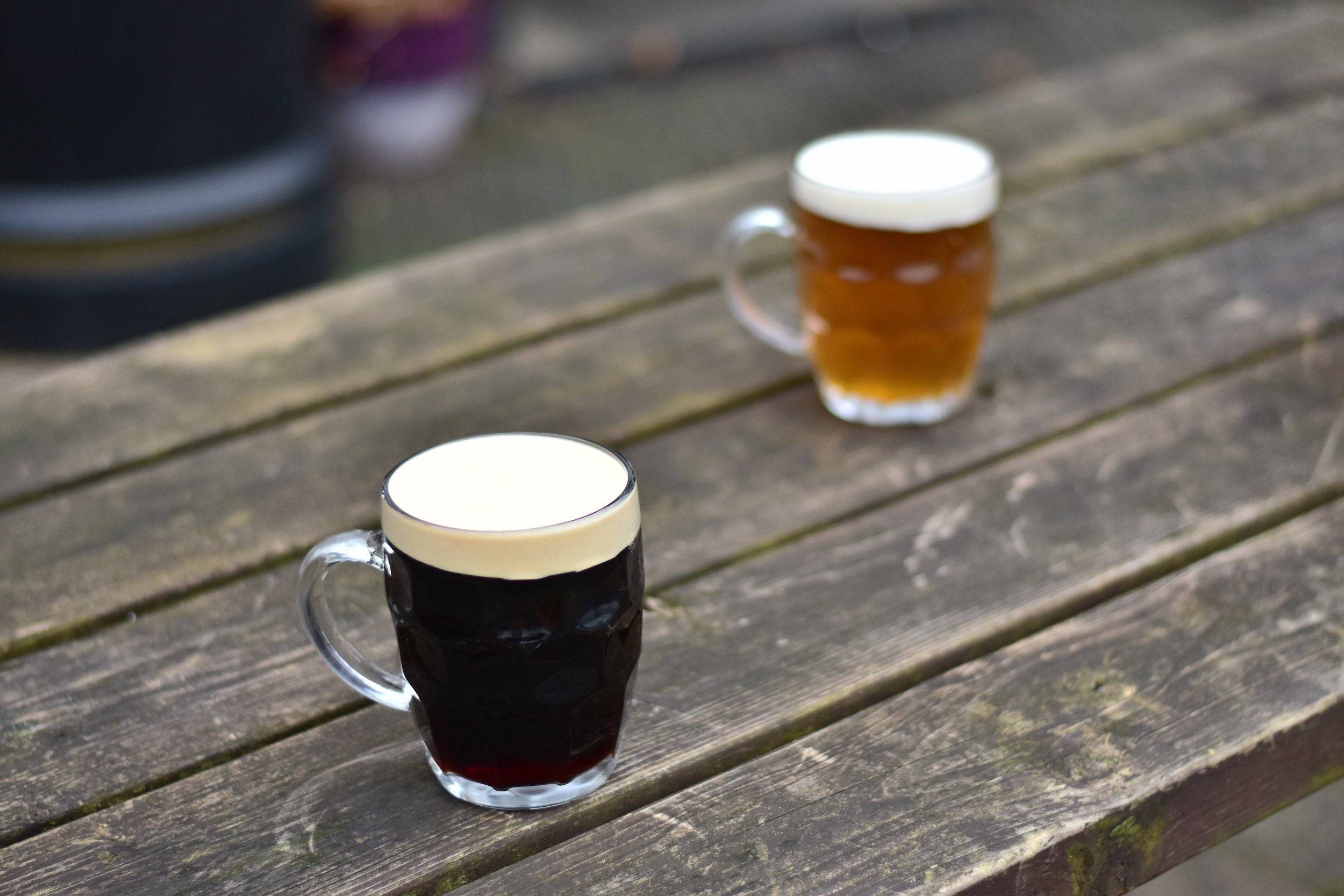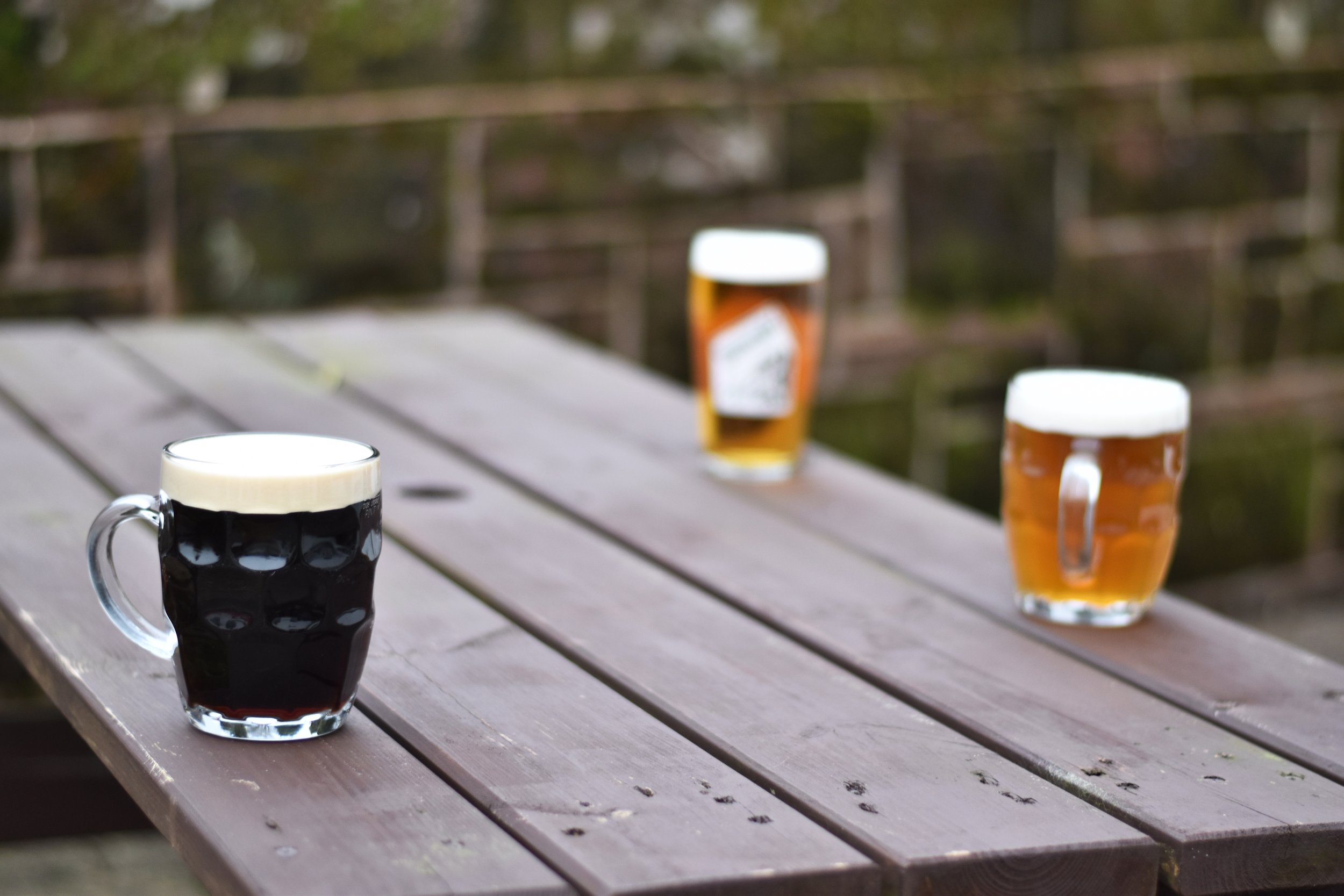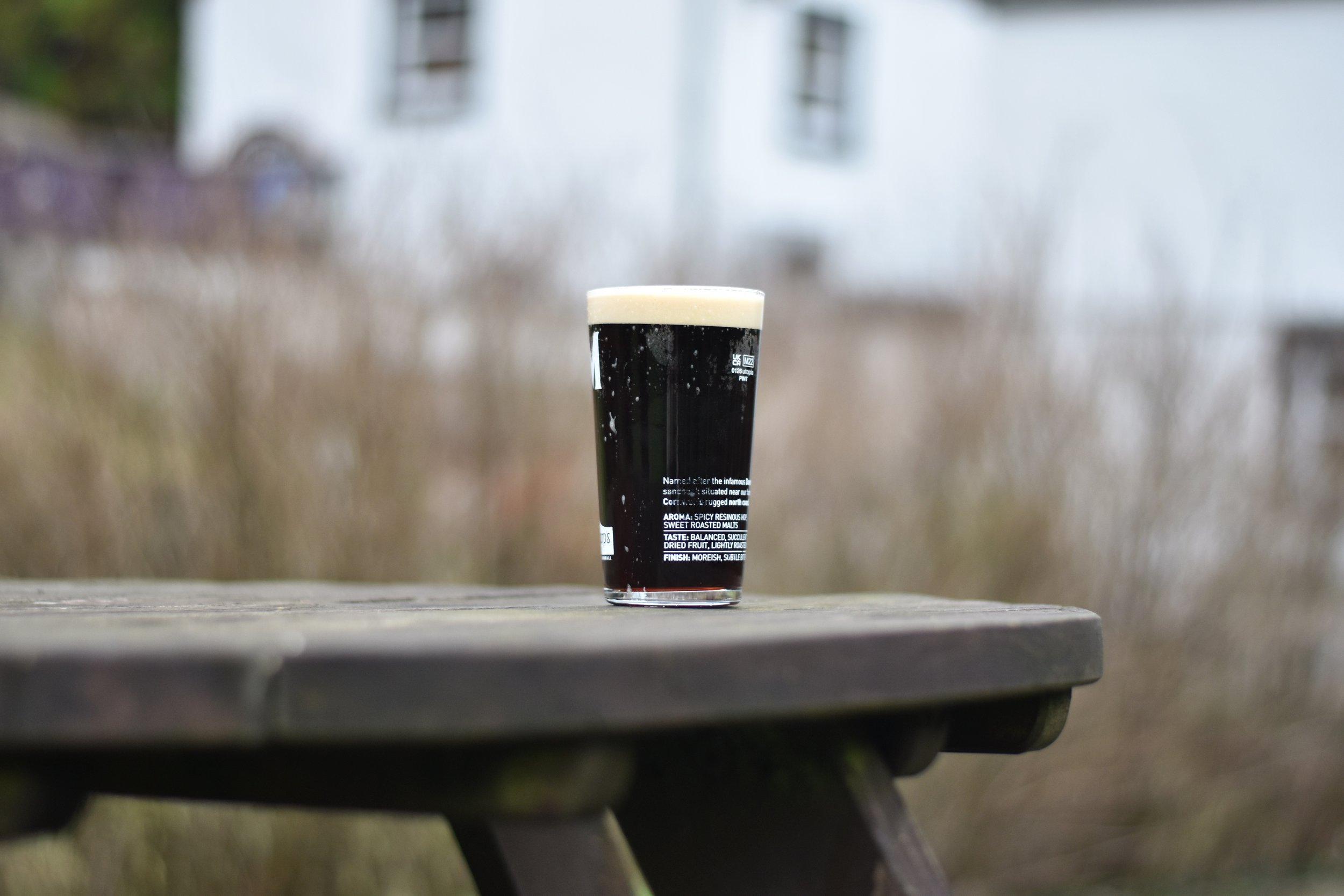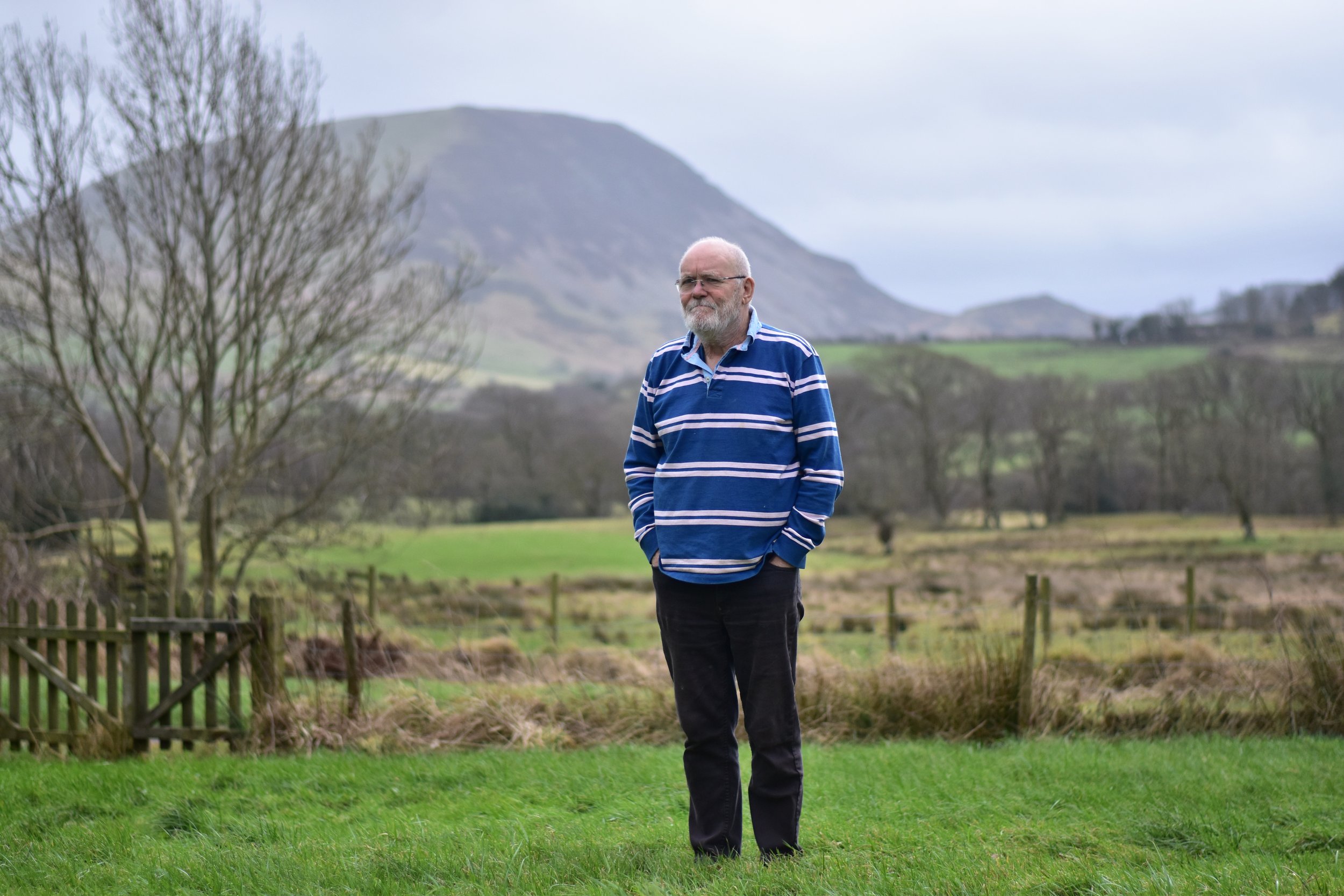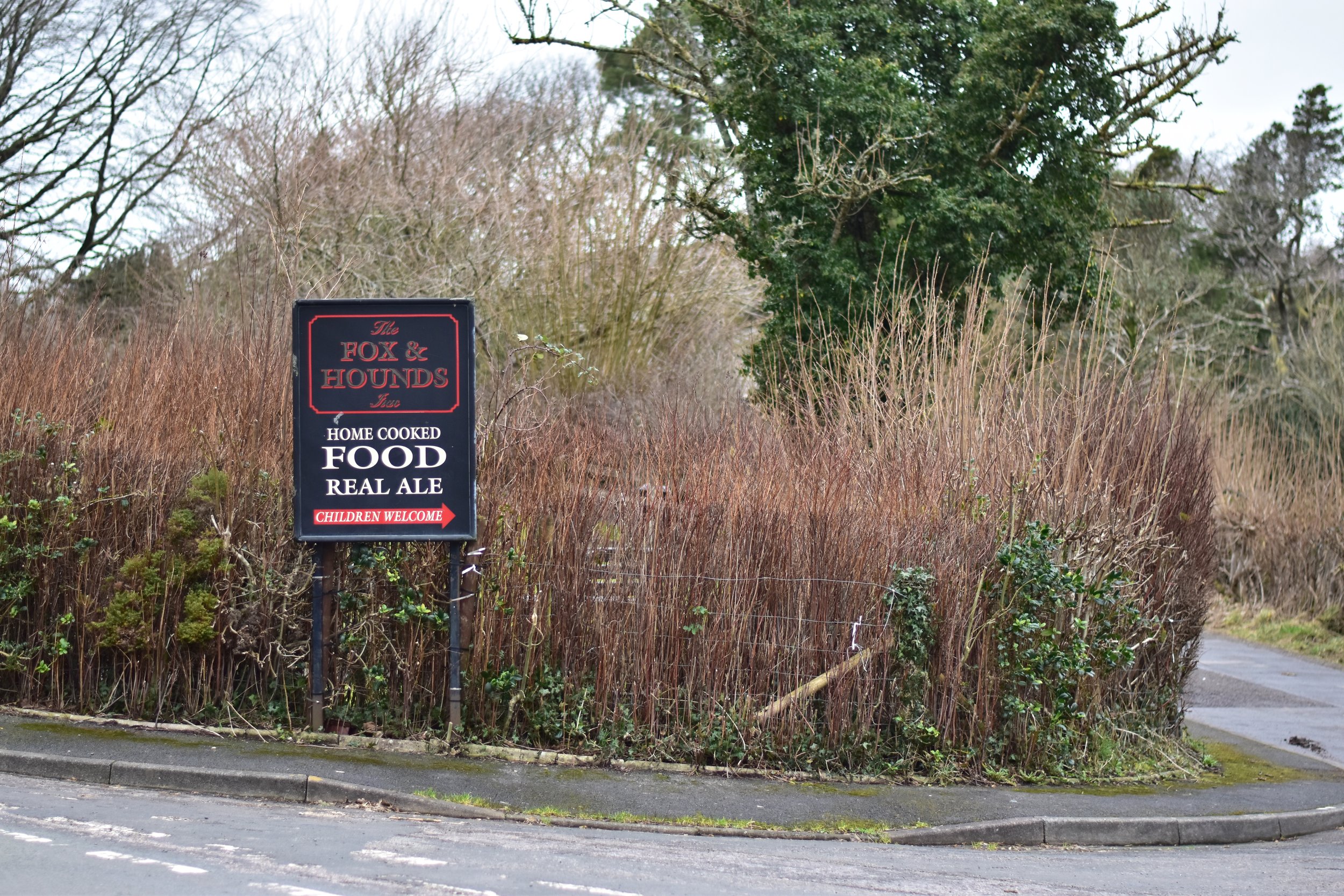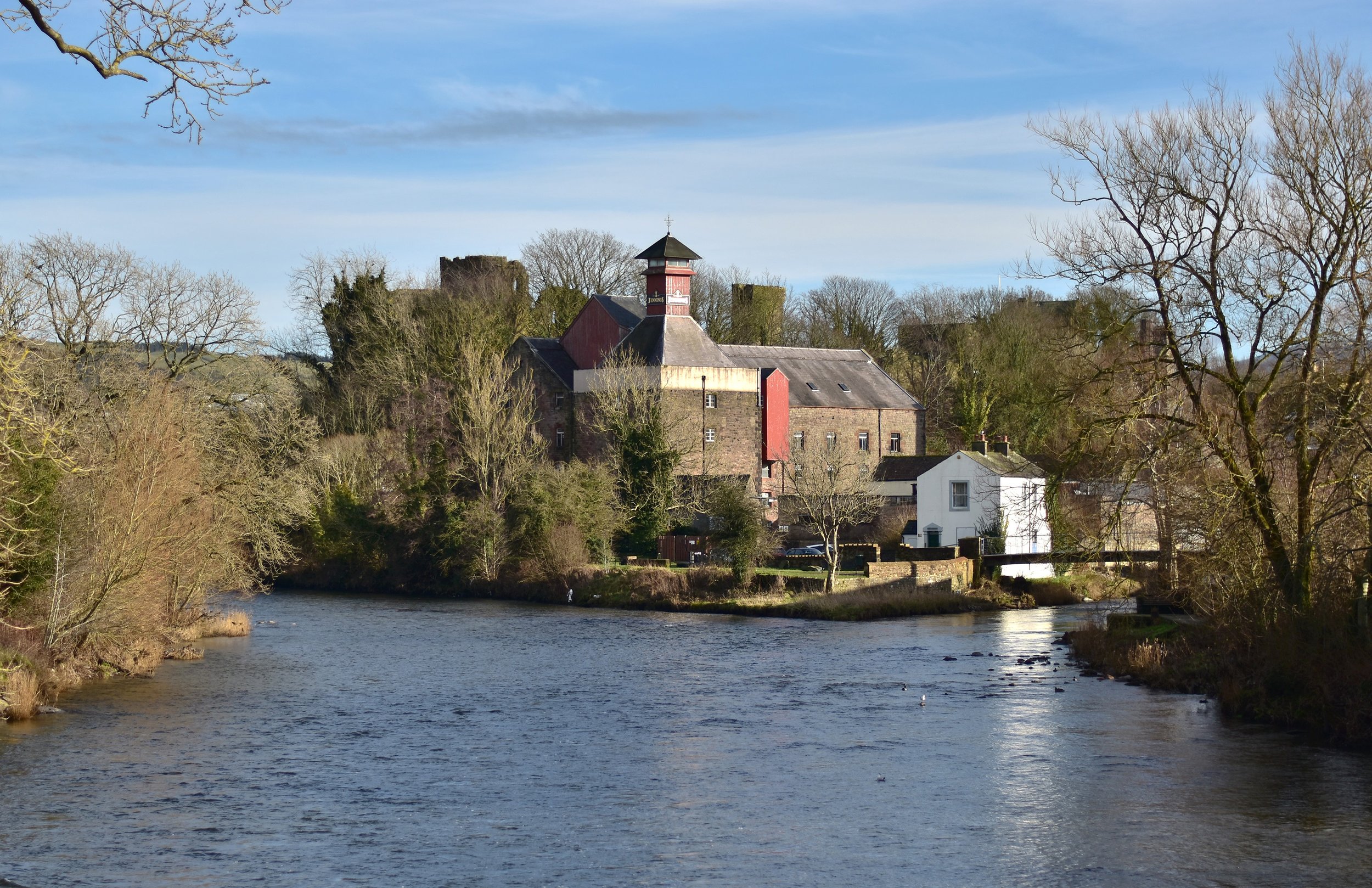Mountain at my Gates — The Endings and Beginnings of Community-Owned Pubs
Ask your friends what they associate with pubs and you’ll receive a variety of answers. Enthusiasts might name the odd pubco, others an infamous brand of so-called craft beer. Broad as these answers may be, I’d wager on nobody mentioning survivorship bias, a logical error which arises when a wider dataset is unwittingly ignored in favour of one that survived a selection process.
Instead of describing your local boozer, survivorship bias is almost exclusively used to explain social phenomena. We’re told survivorship bias is at work when teenagers, inspired by the Beyoncés and David Beckhams of this world, eschew higher education in favour of pursuing fame. Adults are just as prone to survivorship bias as exemplified by the common yet erroneous belief that most published novels become bestsellers.
As indicated, beliefs borne from survivorship bias tend to be overly optimistic. Exorbitant bills, high inflation rates and numerous closures give few working in, or writing about, pubs reason to use the O-word. Yet, even here, in one of Britain’s most demonstrably struggling sectors, survivorship bias still manages to run riot, raising the hopes and influencing the mindsets of rural people who are planning a community-ownership bid on their own local.
Photography by Jacob Smith
The media routinely publishes articles about plucky rural communities that have come together to save their local pub—each waxing lyrical about rural villages regenerated, old wounds healed, and an historic building reborn. It's enough to make even the most cynical amongst us dust off the gingham bunting and run for the local parish council. Before you do, however, it's important to consider what you won’t find printed amongst the lines of back slapping copy and triumphant quotes: context.
In a 2022 report, the Plunkett Foundation, a charity which helps rural communities in Britain to create and run community-owned businesses, reported that only one in 12 rural community-owned pub projects reached trading status. That means 91.7% of all rural community ownership pub bids failed without ever pouring a pint. These failed bids are rarely, if ever, highlighted by mainstream media. And while it's human nature to focus on the winners and allow the also-rans the dignity of anonymity, such blatant survivorship bias risks distorting our perception. If we’re not careful, soon everybody looks set to become the next Beyoncé.
Chris Cowcher, Head of Policy and Communications at the Plunkett Foundation, dispels these notions, explaining the myriad challenges that rural communities face when looking to take on their local pub. Unsurprisingly, private competition is the leading reason for the failure of community bids, with around half of all bids being passed over in their favour. Another reason for their failure is the limited access to essential services that people organising community bids often suffer from.
“ What used to be a hushed drink was now one joyously interrupted by cross-table banter. People of all generations learnt each other’s names and shared stories.”
“Many people we work with report examples whereby they’ve been delayed in, and in some cases prevented from, setting up bank accounts simply because of the fact they’ve adopted a legal form, most commonly a community benefit society [...] this is a problem that's exacerbated in rural areas because of the diminishing number of high street banks,” Chris tells me.
***
There has never been a bank in Ennerdale, a small village in the English Lake District. By 2010, there was no Post Office or shop either. Following the closure of these businesses it was announced that The Fox and Hounds, one of Ennerdale’s two village pubs, was also shutting down. Peter Maher, a retired South Londoner who’d moved to the village three years earlier, was appalled by what he saw.
“Young, local people can’t afford to live in these places,” Peter tells me. “You’ve got this downward spiral and that’s certainly why I entered into the Ennerdale debate. As an outsider looking in it was very apparent to me that the village environment was progressively imploding.”
The debate Peter references began with a knock at his door and continued over a cup of tea. Between sips, a local farmer explained that many villagers were concerned about Ennerdale’s rapid degradation and were seeking solutions. Peter, who’d been involved with a failed community-bid for a pub in the nearby village of Lamplugh, was seen by many as the natural leader for these endeavours. With the farmer as their mouthpiece, the villagers implored Peter to help the parish council develop a plan for community-wide regeneration.
After Peter and the other prominent villagers had held some meetings of their own, half the village crammed itself into St. Mary’s Church to listen to what they had to say. Everyone in attendance was also invited to voice their opinions on what Ennerdale needed, and it soon became evident that reopening The Fox and Hounds as a community-owned pub was the village’s top priority.
Peter took the lead, and approached the pub’s owner who told him the community could have the lease if they raised £67,000 in 10 days. Failure to do so would see the pub knocked down and the plot sold to housing developers.
Within 24 hours of sharing the news, Peter received pledges amounting to £25,000. More pledges flooded in during the following seven days and the community raised the requisite £67,000 with two days to spare, thanks to the contributions of 164 people. A further 80 villagers volunteered over the weekends to ensure the boarded-up pub would be ready for an April opening, the time when thousands of tourists begin traipsing past The Fox and Hounds as part of England’s famous coast-to-coast walk.
According to Chris, such emphatic responses are not uncommon, especially in rural areas where locals feel an urge to protect the few services left available to them. Vast amounts of money are often raised, numerous hours volunteered.
“The Plunkett Foundation’s job is to unpick the emotion of the situation, and help the community decide whether there is a viable business here in the long term,” he says. “Fail to separate heart from head, and the community risks investing huge amounts of time and money just to see their business collapse.
On April 1st, The Fox and Hounds opened its doors for the first time as a community-owned business. Against all the odds, Ennerdale had succeeded where 11 out of 12 rural communities failed. “Unbelievably euphoric,” is how Peter described the opening, and “cathartic,” its effect on the village.
I, who spent my adolescence living just outside Ennerdale, have to agree. What used to be a hushed drink was now one joyously interrupted by cross-table banter. People of all generations learnt each other's names and shared stories. In short, it was exactly how the media told us it would be. But while many in the village celebrated the crossing of a finish line, others understood that these days marked only the beginning.
***
“Plunkett has to make sure that the group is aware there isn't a cliff edge when you get to the opening, they’ve got to think about what comes next,” Chris says matter-of-factly. “This is going back to that commercial acumen—if you were driven solely on emotion, the success of a project might be deemed getting the keys to the pub. But Plunkett knows that the real goal is being able to sit in that pub six years from now and still having a community social space that's available for local people.”
Anyone who has been involved in community-owned businesses understands that many significant challenges will present themselves during the first year, let alone six. The first faced by The Fox and Hounds centred around management. A local woman who put herself forward for the job was soon found to lack the requisite skills and needed to be replaced. This marked the beginning of an enduring issue—during the community’s five year lease the board got through seven different managers and suffered some shocking embarrassments along the way. One manager even stole thousands of pounds from the business.
“Of course, the village gossip is immediate,” Peter says. “Anything that happens in that environment spreads in no time at all. [...] The local’s view of the board and how it was running the pub became increasingly negative. A lot of that early euphoria just dissipated.”
Managerial issues were compounded by the actions of a few shareholders and board members who thought they had a say in how the pub was run on a day-to-day basis. As Peter tells it, shareholders used to walk into the pub and demand their favourite food be added to the menu. Others routinely asked for the beer selection to be changed to meet their own personal preference. In one memorable instance, a board member even took it upon themselves to hire a new chef without consulting the rest of the board.
“It was really difficult to manage,” Peter says. “I would imagine any community-owned enterprise would suffer from the same sort of tension.”
Despite its ubiquity, such drama is almost never highlighted in the media’s portrayal of rural, community-owned pubs. Aside from being a key driver of survivorship bias, the decision to not report on failed and failing community-pubs does a disservice to those communities struggling to run their own. Errors and challenges that should be common knowledge are privately endured by one community after another.
Networks between all local pubs, both community-owned and private, provide some form of support, however, it is rarely as in-depth, nor as professional as it needs to be. This creates a huge demand for expertise and guidance which charities such as the Plunkett Foundation try to meet through membership schemes where, in return for a fee, pubs receive multiple advisory services.
The Fox and Hounds was not a community business member of the Plunkett Foundation. Had it been, some of the business’ issues might have been mitigated by the annual health check-ups the charity provides. Conducted by an independent advisor, the check-ups are designed to highlight areas where both the community and manager can improve or grow the venture. They evidently work—community-owned pubs associated with the Plunkett Foundation boast an astonishing long term survival rate of 96% and a five year survival rate of 99%.
Unfortunately, no amount of check-ups can fully address one of rural, community-ownership’s most enduring challenges—the initial lack and steady loss of expertise. As with many other rural villages, Ennerdale has a population that stands well below 300 people. With such a small talent pool to draw from it was inevitable that, in the run-up to opening The Fox and Hounds and thereafter, the workload would fall disproportionately. Disillusionment was the predictable result.
“People do a year or two years or maybe three years but they don't want to do it forever,” Peter explains. “So, this limited pool of expertise you have dwindles.”
“ “I do think there is a romantic view in the media that community-ownership is the solution to many problems and this follows a trend of placing burden on the voluntary sector.””
Chris agrees, touting a broad membership model as absolutely vital to a community-owned pub’s success. Relying on the efforts of a small minority, he tells me, is a practice fraught with danger.
As local opinion of The Fox and Hounds waned, it became increasingly difficult to get people involved. Those who did volunteer often found themselves at odds with one another. As a result, decisions, which had to be reached by committee, were hard to come by and tasks that should have taken a matter of hours stretched over days and weeks. As the end of the five year lease approached, and the option to renew was floated, it became clear to Peter that sustaining the pub as a community venture was no longer feasible. The decision was made to hand the lease back.
“Of course there were the naysayers who were quick to say, ‘I told you so!’ But I personally don’t see it as a failure. I guess I'm one of a relatively small group who see it like that,” Peter says.
His reasoning is sound. Back in the autumn of 2010, the pub was boarded up and about to be demolished to make space for housing. Thanks to the community’s efforts this was avoided and The Fox and Hounds was run as a community venture for five years. More importantly, it remains open today as a private pub that still provides a local meeting place for villagers.
***
At The Fox and Hounds on a miserably wet day at the end of January, it quickly became obvious that Antony Green, current leaseholder of The Fox and Hounds, is to thank for turning the pub’s fortunes around. The place had been smartened up, polished until it gleamed. More enticingly, five cask ales were offered on tap, many of them sourced from local breweries. After reacquainting myself with The Fox and Hounds’ substantial beer garden, I dried myself by one of the pub’s two roaring fires and savoured a pint from Ennerdale Craft Brewery with a warm sensation that had nothing to do with the nearby hearth.
As for Peter, he soon found another community-owned project to dedicate himself to, The Gather. This immensely successful community-owned café-come-music venue is located just a hundred metres from The Fox and Hounds and routinely welcomes internationally-acclaimed musicians to perform. Aside from offering this rural village an access to live music that’s denied to so many others like it, The Gather also caters for a global audience. Live streamed events have even been watched from as far afield as Russia.
By all accounts, this is a satisfactory ending for both parties. But when you’ve been sold dreams of enduring, rip-roaring success, the harsh realities of community-ownership can often be difficult to level with. The pervading sense that The Fox and Hounds ‘failed’ remains despite the long-standing benefits the community’s involvement has had. Unfortunately, the real-life impacts of imperfect, rural, community-owned pubs are always going to fall short of the utopic expectations engendered by survivorship bias.
The media’s portrayal of rural, community-ownership also has other problematic impacts, as Chris explains. “I do think there is a romantic view in the media that community-ownership is the solution to many problems and this follows a trend of placing burden on the voluntary sector. Community ownership shouldn’t be seen as a way of keeping loading the burden without significant investment or having the right policies in place.”
Chris is right, but adequate investment and effective policies seem all too distant a possibility for those watching their village pub being boarded up. As was the case in Ennerdale, people like Peter will be forced to act, banding the community together in an attempt to protect what is theirs.
As I experienced first hand, the outpouring of community spirit that follows is a heartwarming, life affirming thing to experience both during the nascent days of the bid and after the pub is operational. There are hopes that more people get to experience this rare feeling; community right to buy looks increasingly likely to become a part of English law, following the precedent set by Scotland over 20 years ago.
As to whether our unreasonable expectations surrounding rural community-owned pubs will be tempered, only time will tell. I, however, am confident that as the number of both ‘failed’ and successful rural community-owned pubs continues to grow, the artificial veneer applied by the media will slowly be washed away. What’s exposed will be a rugged, difficult sight to behold, but one that’s all the more genuine for it.


